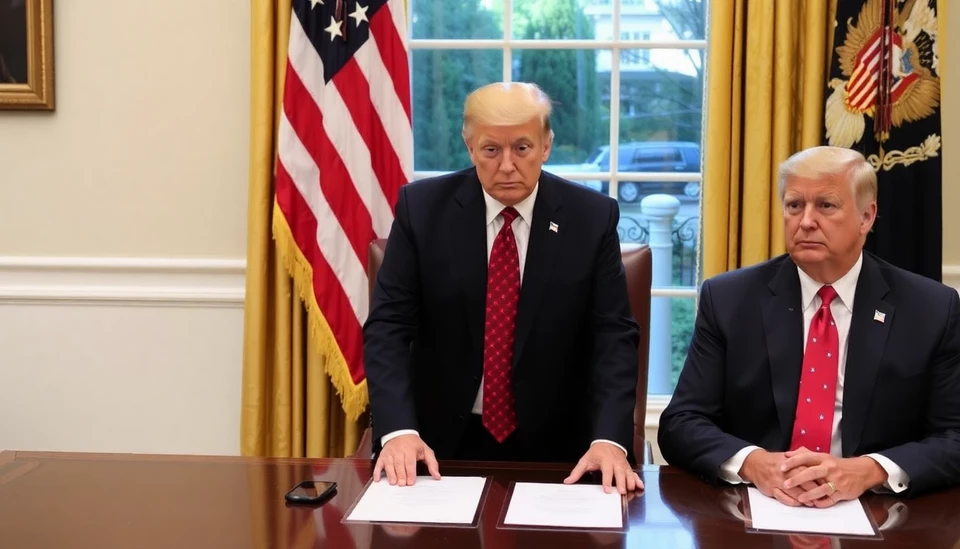
In a bold move that has caught the attention of both investors and economists, former President Donald Trump is once again taking aim at the private equity industry by proposing significant changes to the tax treatment of carried interest. This particular loophole, which allows fund managers to pay a lower capital gains tax rate on profits than ordinary income rates, has long been a point of contention among lawmakers.
Trump's renewed focus on this issue comes as part of a broader strategy to promote fairness within the tax code and rally support among middle-class voters who feel the burden of taxation more acutely than the wealthiest Americans. His administration previously attempted to close the carried interest loophole during its tenure, but faced fierce opposition from powerful lobbyists and industry leaders who argued that it would stifle investment and job creation.
While many in the private equity sector view this as an attack on an essential aspect of their business model, advocates for reform argue that the tax break disproportionately benefits a small number of wealthy individuals at the expense of average taxpayers. Trump’s framing of this issue likely aims to resonate with disillusioned voters who are looking for systemic reforms that address income inequality.
As he prepares for a potential 2024 run, Trump’s economic proposals are expected to play a crucial role in shaping his campaign narrative. He may seek to differentiate himself from other candidates by emphasizing his commitment to closing tax loopholes that benefit the elite, thus cementing his image as a populist candidate willing to take on powerful interests.
This new push also arrives at a time of increasing scrutiny on the private equity industry. As Congress continues to investigate various financial practices, calls for greater accountability and transparency have intensified. Politicians from both sides of the aisle are examining how private equity impacts job creation and economic stability, further fueling the debate surrounding carried interest taxation.
As the political landscape evolves, it remains to be seen how effective Trump will be in garnering support for his proposed reforms. However, the renewed focus on private equity tax loopholes is sure to ignite discussions among policymakers and financial experts alike, potentially leading to significant changes in the way investments are treated under federal tax law.
With the 2024 election looming, this issue could serve as a rallying point for not only Trump's supporters but also for a wider range of voters concerned about income disparity and taxation fairness. The conversation around tax reform is likely to intensify in the coming months, setting the stage for a high-stakes political battle over the future of the private equity industry and its tax advantages.
As this debate unfolds, stakeholders on all sides will be closely monitoring developments, with the potential for substantial implications for both investors and everyday citizens.
#Trump #PrivateEquity #TaxReform #CarriedInterest #2024Elections #EconomicFairness #IncomeInequality
Author: John Harris




